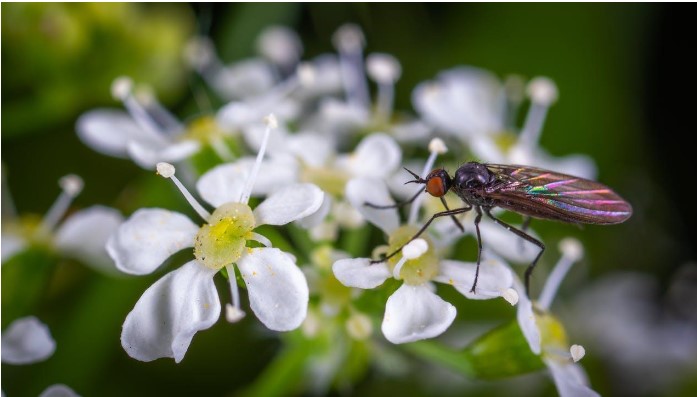One of the primary challenges encountered by gardeners is effectively managing pests. These unwelcome visitors possess the potential to cause extensive damage to your hard work, jeopardizing the health of your plants, flowers, and even trees. Fortunately, numerous strategies exist to deter these troublesome creatures from infiltrating your garden. Within this guide, we will explore the optimal pest control methods to maintain a flourishing and thriving garden.
Understanding Pest Control
Before diving into the world of choosing the perfect pest control for your garden, let’s get a grip on the fascinating concept of pest control itself. Brace yourself for a wild ride through a multitude of techniques and approaches, all aimed at managing, preventing, or even obliterating those pesky pests from their designated areas. It’s like an epic battle against the forces of nature, but with a touch of determination and a green thumb. Are you ready? This encompasses the use of chemical pesticides, physical barriers, natural predators, and cultural controls.
Identifying Garden Pests
The initial step in determining the most effective pest control measures for your garden involves accurately identifying the specific pests causing the issues. Different pests necessitate distinct control methods, underscoring the importance of precise identification. By inspecting your plants for visible signs of damage or employing traps to capture pests in action, you can ascertain the specific types infesting your garden. Furthermore, consulting with local gardening experts or services providing the best pest control in Sarasota, Florida.
Choosing the Appropriate Pest Control Method
Once you’ve uncovered the mischievous culprits wreaking havoc in your garden, the real fun begins – choosing the perfect method to show them who’s boss. Consider the pest type, the extent of the invasion, and your whimsical preferences before taking action. Let the battle of wits in your garden commence. Common pest control methods encompass chemical pesticides, natural predators, physical barriers, and cultural controls.
Chemical pesticides: Synthetic chemicals specifically formulated to eliminate or repel pests. Although effective against a broad range of pests, they may inadvertently harm beneficial insects and present potential health risks.
Natural predators: Introducing the insect Avengers – ladybugs, praying mantises, or parasitic wasps – to the scene can give those pesky pests like aphids or caterpillars a run for their money.
It’s a win-win situation: environmentally friendly, harmless to humans, but might struggle with big-time bug invasions. Keep the bug squad on speed dial, just in case.
Physical barriers: Keep those pesky pests at bay. Deploying physical barriers like mesh nets, row covers, or fences is like setting up a VIP-only zone for your precious plants. No unwanted guests are allowed. This method is most suitable for larger pests such as rabbits or deer, necessitating regular maintenance.
Cultural controls: Employing techniques that modify gardening practices to deter pest infestations, including crop rotation, companion planting, and proper sanitation. These methods are more sustainable but require additional effort and time.
Considering Safety
When selecting a pest control method, prioritize the safety of both yourself and the environment. Chemical pesticides may pose risks to human health and the environment, necessitating strict adherence to instructions and the use of protective gear during handling. Natural methods and cultural controls generally present safer alternatives, although proper handling and avoidance of potential hazards remain imperative.
Consulting with Professionals
If uncertainty persists regarding the most suitable pest control method for your garden or if you are contending with a severe infestation, seeking guidance from professionals is highly recommended. Local gardening experts or pest control companies possess the expertise and resources to provide valuable advice and services, ensuring a pest-free garden.
